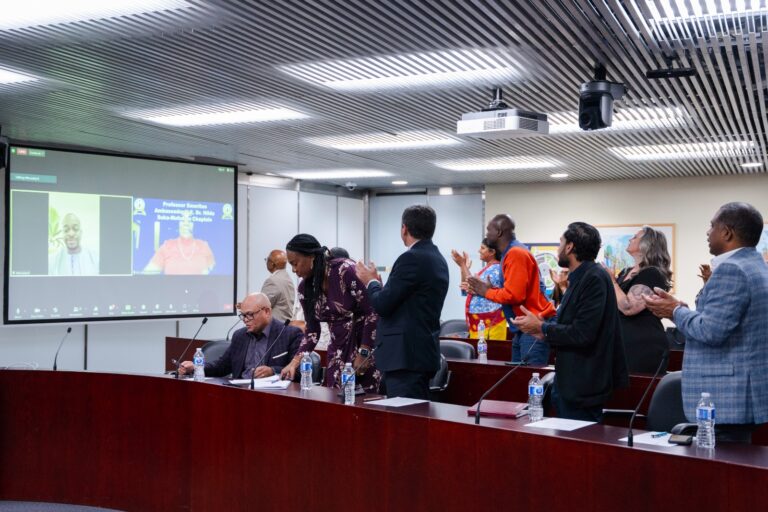Juneteenth, observed annually on June 19th, holds a unique place in American history. It is a commemoration of resilience, the triumph over injustice, and the ongoing pursuit of freedom. It marks a pivotal moment in the fight against slavery, when Union troops arrived in Galveston, Texas, on June 19, 1865, to enforce the Emancipation Proclamation and free the last enslaved Black people in America.
The Significance of Juneteenth
The Emancipation Proclamation, issued by President Abraham Lincoln in 1863, declared freedom for enslaved people in Confederate states. However, its implementation was delayed in Texas, where over 250,000 Black individuals remained enslaved, making it the final stronghold of slavery in the US. Juneteenth commemorates the day that freedom finally reached them, signifying the end of a dark chapter in American history.
Six months after Juneteenth, the 13th Amendment was ratified, officially abolishing slavery nationwide. Juneteenth, therefore, stands as a symbol of the arduous journey towards freedom and equality for Black Americans.
Honoring the Legacy of Juneteenth
As we celebrate Juneteenth, it is imperative to acknowledge the sacrifices and contributions of African Americans throughout history. This includes recognizing the invaluable role Black soldiers played in the Civil War, surpassing their numbers in previous conflicts like the American Revolution and the French and Indian Wars.
In the spirit of Juneteenth, we are called to continue the fight for justice and equality. This involves organizing the Black vote, supporting candidates who advocate for policies that uplift our communities, and combating the revisionist history that seeks to erase or distort our past. It also means supporting Black-owned businesses, fostering economic empowerment, and educating ourselves and others about the pervasive impact of Eurocentrism on our society.
Juneteenth: A Time for Reflection and Action
Juneteenth is not just a day for celebration; it is a day for reflection and action. It is a time to remember the struggles of our ancestors, to honor their resilience, and to recommit ourselves to the ongoing fight for a more just and equitable society.
As we celebrate this historic day, let us remember the words of Frederick Douglass, who said, “If there is no struggle, there is no progress.” Let us use Juneteenth as a catalyst for change, a day to renew our commitment to the principles of freedom, equality, and justice for all.





